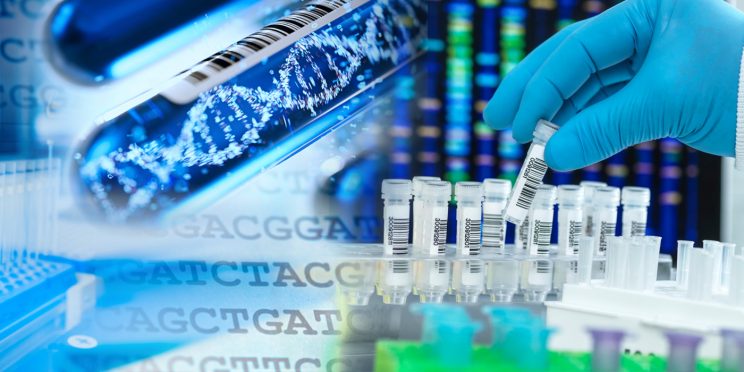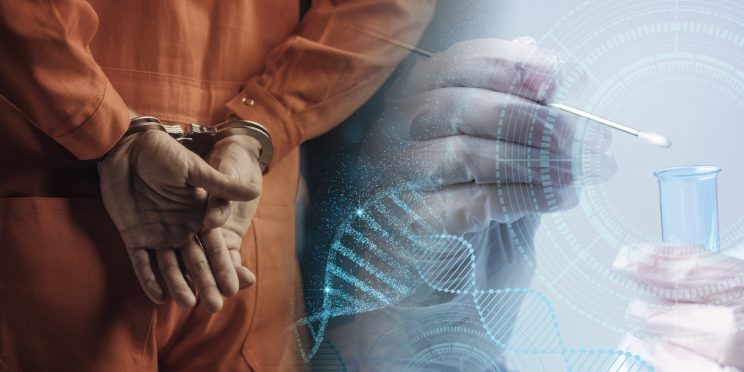Overview
This webinar presented a new method that removes confounding PCR artifacts in Forensic DNA Analysis using high accuracy Massively Parallel Sequencing (MPS).
The use of short-tandem repeats (STR) in forensic DNA analysis has been successful in most situations. However, this technology has several important complicating factors that are intrinsic to current STR genotyping methods, such as spurious background peaks resulting from PCR stutter, co-migration, signal oversaturation, and machine noise. Of particular concern are PCR stuttering artifacts, which arise from slippage of the DNA polymerase of the DNA template. Damaged or degraded DNA is particularly prone to this form of error due to the prevalence of DNA adducts that cause erroneous base pairings and enzyme stalling. Together, these factors dramatically increase the difficulty to identify individuals occurring at a minor allele frequency (MAF) of less than 10%, mixtures with >2 people.
A certificate of completion is available for all who register and attend this webinar.
Presenter
- Scott Kennedy, Ph.D.
Funding for this Forensic Technology Center of Excellence webinar has been provided by the National Institute of Justice, Office of Justice Programs, U.S. Department of Justice.
The opinions, findings, and conclusions or recommendations expressed in this webinar are those of the presenter(s) and do not necessarily reflect those of the U.S. Department of Justice.
Contact us at ForensicCOE@rti.org with any questions and subscribe to our newsletter for notifications.




